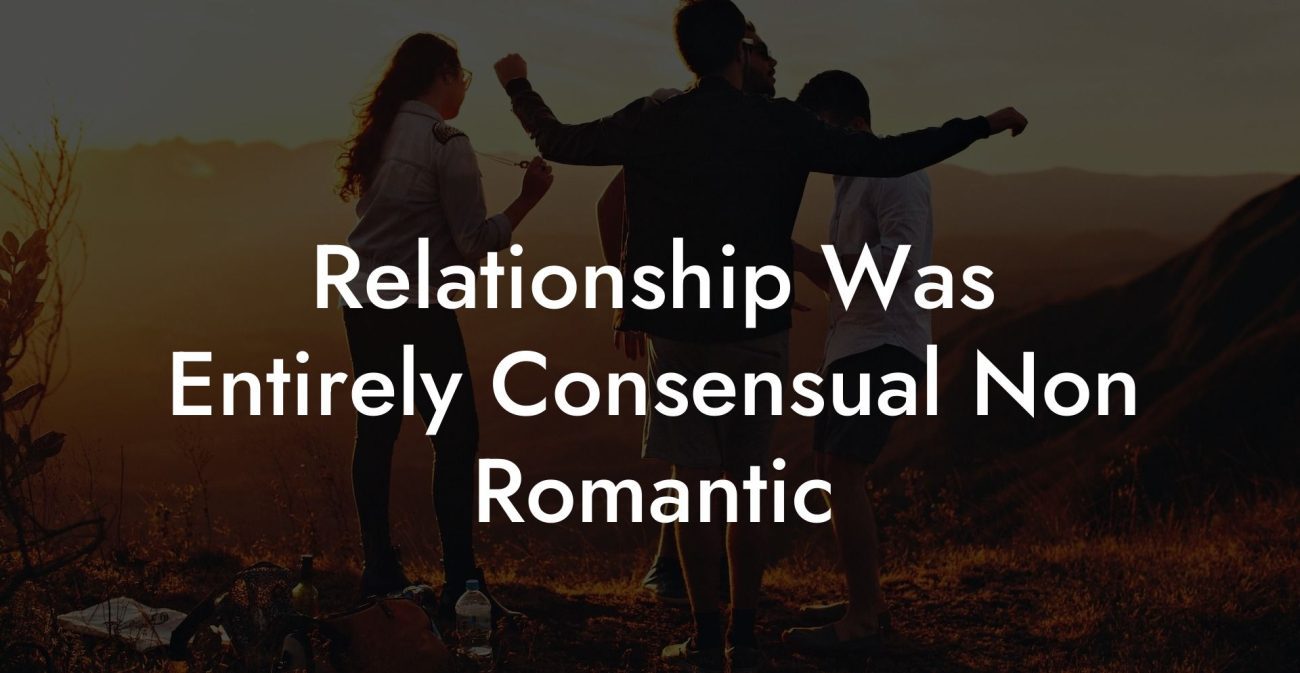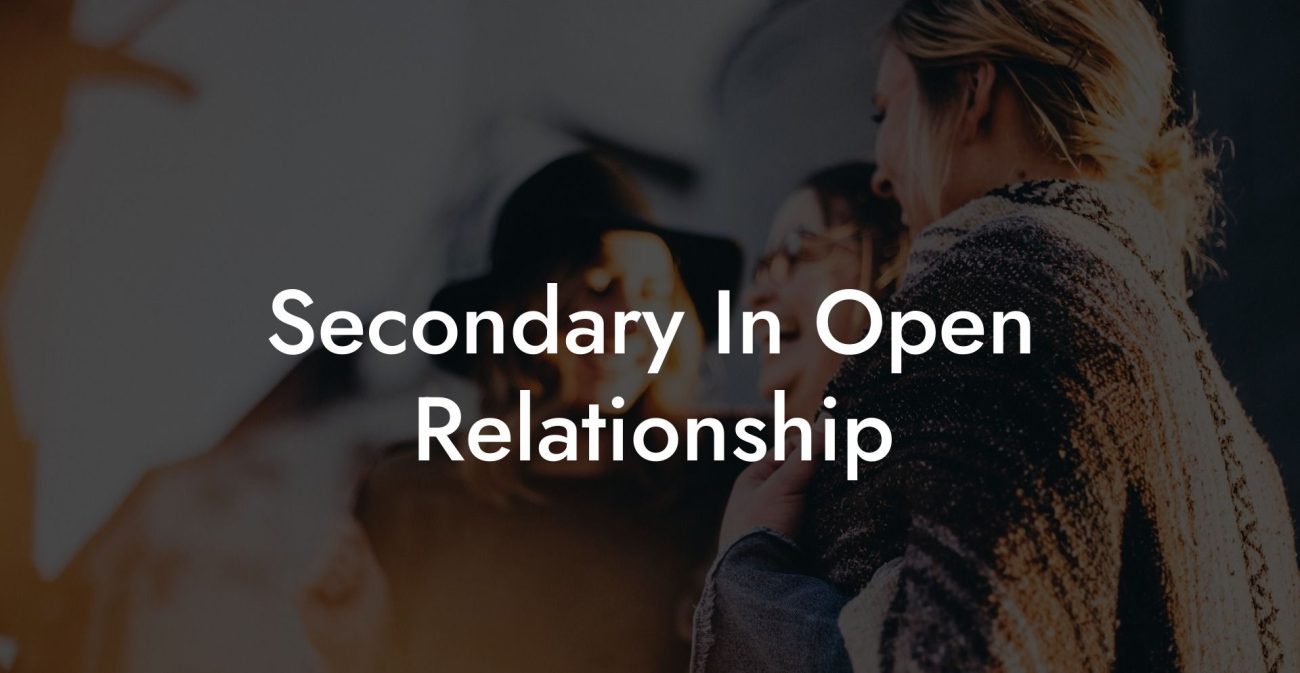Monogamy has been the leading relationship format for centuries, shaping most of our societal structures and cultural norms. But have you ever wondered when and why monogamy started, and how it became the default? In this article, we will unravel the evolution of monogamy throughout history so that we can better understand its origins and how it shapes our current ideas about love and relationships.
Monogamy Started When Table of Contents
Prehistoric Times: Pair-Bonding in Primates
Ancient Civilizations: Monogamy as a Social Norm
Prehistoric Times: Pair-Bonding in Primates
Monogamy likely started with our primate ancestors, who began forming pair-bonds for several reasons, including shared responsibility in raising offspring and increased chances of survival. These bonds were formed for practical reasons rather than romantic ideals as we know today.
Ancient Civilizations: Monogamy as a Social Norm
While monogamy may have originated in primal pair-bonding, it truly took shape as a cultural and societal norm in ancient civilizations. Monogamy served different purposes in different regions during this time:
Ancient Rome:
The early Roman Empire was characterized by monogamous unions, in part due to the influence of the Stoic philosophy that promoted self-control (a practice that included restricting oneself to one sexual partner). Roman monogamy was also a reflection of the cultural emphasis on honor, as it was considered dishonorable for a Roman woman to be sexually involved with multiple partners.
Ancient Greece:
Greek society also emphasized monogamous relationships, especially in the elite classes. However, the primary reason revolved around ensuring the legitimacy of offspring and maintaining the family's lineage and status.
Ancient China:
In ancient China, monogamy was enforced by law in the Han dynasty (202 BCE – 220 CE). This shift was brought by Emperor Wen, who believed that a monogamous family structure would produce more harmonious homes, leading to his citizens' prosperity.
Religion and the Solidification of Monogamy
The prevalence of monogamy was further reinforced by the world's major religions, which often endorsed and required monogamous marriages:
Christianity:
The rise of Christianity played a significant role in spreading monogamy across different cultures and continents. Christianity has been promoting monogamy since the first century, with texts like the Bible advocating for it, especially within the marital context.
Judaism:
Though ancient Jewish society was initially polygynous (men could have multiple wives), monogamy became more commonly practiced with the introduction of rabbinic rules by Rabbenu Gershom around 1000 CE. This change aimed to protect women as well as fostering family harmony and equality between spouses.
Islam:
Islam does permit polygyny, but monogamous relationships are encouraged, and strict limits and responsibilities are set upon those who take multiple wives.
Monogamy in Modern Society
Today, monogamy remains the most commonly practiced relationship format worldwide. This enduring dominance can be attributed to various factors, including the continued influence of religion on cultural norms and the development of legal, social, and economic systems that favor monogamous unions.
Challenges to Monogamous Norms
In recent times, there has been a growing discussion and exploration of alternative relationship formats, such as polyamory and open relationships. This shift can be seen as a response to changing societal values and a rejection of constrictive norms, inviting more people to challenge the idea that monogamous relationships are the only valid and acceptable option.
Monogamy Started When Example:
Consider a modern couple, Alice and Bob, who wholeheartedly believe in monogamous relationships. As they learn more about the history and reasons behind monogamy becoming a social norm, they may begin to question if monogamous ideals align with their values and desires or if they're simply adhering to a set societal construct. By exploring the origins of monogamy and understanding the forces that shaped this norm, Alice and Bob can make an informed decision about their own relationship format.
Now that you know more about the history and origins of monogamy, you can better understand why it has held such sway over our understanding of love and relationships. By appreciating the diverse influences that led to monogamy's dominance, we can be more open to questioning societal norms and exploring different relationship formats. If you enjoyed this article, be sure to share it with your friends and explore other guides on The Monogamy Experiment. Together, we can challenge traditional ideas, fostering open-mindedness and personal growth in our relationships.













